
1. Pick an Ideal Spot
If a room seems too dark to sustain a healthy plant, don’t be fooled. Most indoor plants originate in tropical and subtropical regions, in particular equatorial forests, and they thrive in dim environments and filtered light. The ideal spot is in front of a large window facing east or west, filtered if necessary through a net scrim curtain.
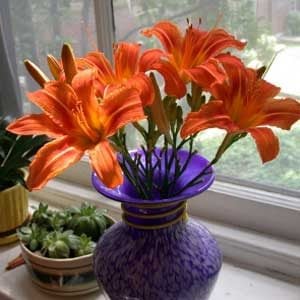
2. Place Plants in Need of Sun North
If you have a plant that thrives on lots of sun, place it on a windowsill facing north or north-east. Check soil moisture levels regularly and inspect the leaves to check they are not being burned. At the slightest sign of withering, move the plant towards the middle of the room.
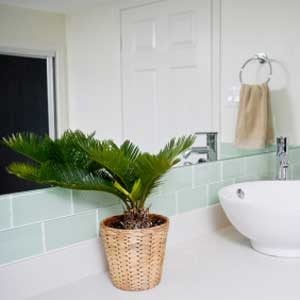
3. Plant in the Bathroom
Ferns and other moisture-loving plants do best in vaporous rooms like bathrooms where they can lap up regular doses of mist.
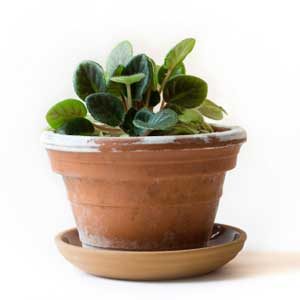
4. Water from the Bottom
Water poured directly onto the soil may flood, or not reach the pot plant’s roots. Instead, water plants bottom up by standing them in a dish and filling the dish with water. Delicate plants such as fuchsias thrive on this method. For this method to work, all pots should have holes in the bottom through which the water is absorbed.
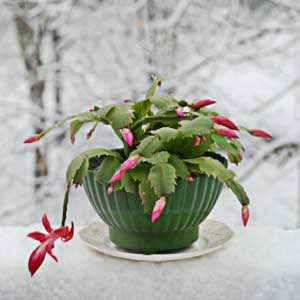
5. Keep Away From Drafts
If you don’t want your plant to die of heat or cold, avoid placing it in draughty areas or near ducted heat or air-conditioning outlets.
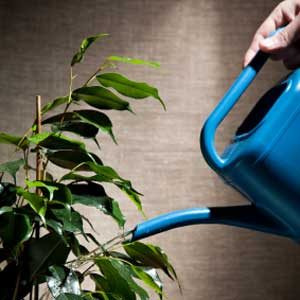
6.
Water your plants only when the potting mix feels dry to the touch – over watering is often the cause of indoor plant death. Check by pushing your finger into the soil; if it comes out without any trace of soil on it, start watering. Remember that plants may need more frequent watering in summer.
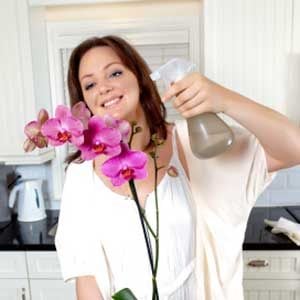
7. Regularly Mist
Most indoor plants benefit from an occasional misting of water. Make sure the water is at room temperature and use an atomizer or spray bottle. Misting is particularly beneficial if you live in a centrally heated or air-conditioned house as the air can become very dry.
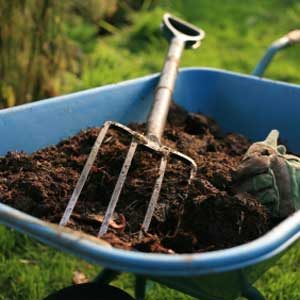
8. Apply Some Fertilizer
Feed your plants with small amounts of fertilizer. The fastest and simplest solution is complete liquid fertilizer in the recommended dose, usually every two to four weeks – check the label.
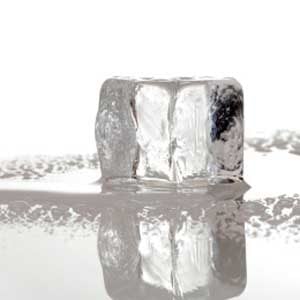
9. Use Ice Cubes
An efficient way to water your plants directly at a steady rate is to use ice cubes. Put a couple on top of the pot soil and leave them to melt.